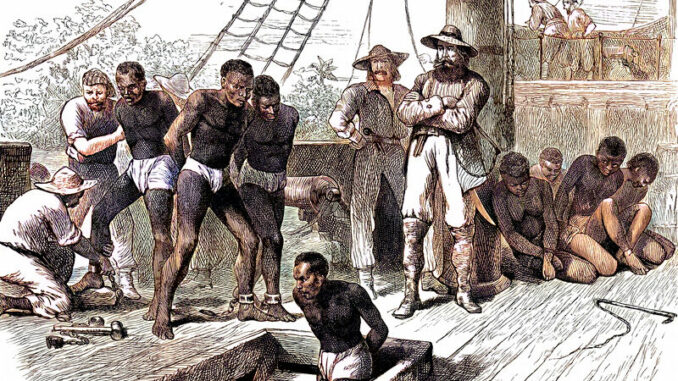
The African Union summit in Addis Ababa is set to launch a renewed campaign for slavery and colonial reparations, despite anticipated resistance from former colonial powers. The initiative aims to address historical injustices that saw 12.5 million Africans forcibly transported and sold into slavery between the 15th and 19th centuries.
African leaders seek to develop a unified approach encompassing financial compensation, formal acknowledgment of past wrongs, and policy reforms. The AU emphasizes that reparations extend beyond monetary payment to include land restitution, return of cultural artifacts, and policy changes addressing persistent inequalities.
The debate links colonial legacy to contemporary challenges, including Africa’s debt crisis and disproportionate climate change impacts. In 2023, the AU partnered with the Caribbean community CARICOM to strengthen their demands, though progress remains limited after three decades of advocacy.
However, right-wing populism in former colonial nations poses significant obstacles. Portugal’s far-right party threatened treason charges over reparations discussions, while leaders in Britain and France have dismissed or avoided the topic. Jose Maria Neves, Cape Verde’s president, notes that rising right-wing sentiment has hindered meaningful dialogue on historical accountability, raising concerns that the summit’s resolutions may face implementation challenges despite growing recognition of colonialism’s lasting damage.
